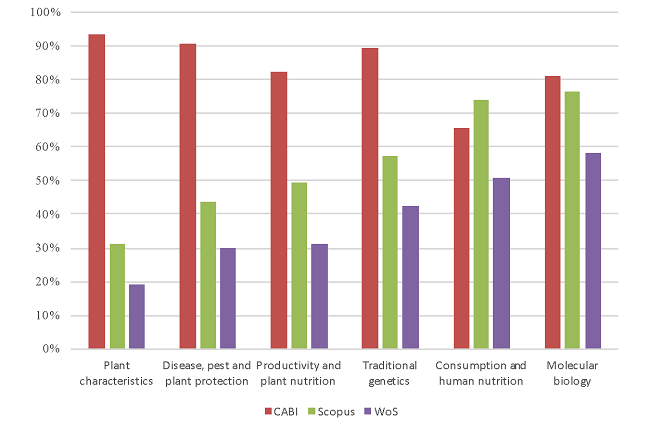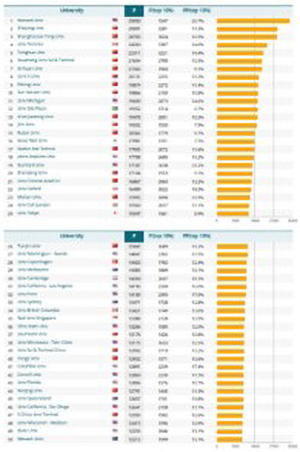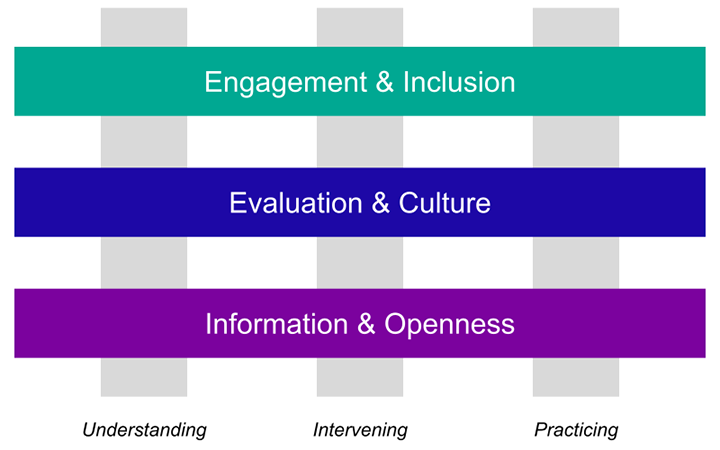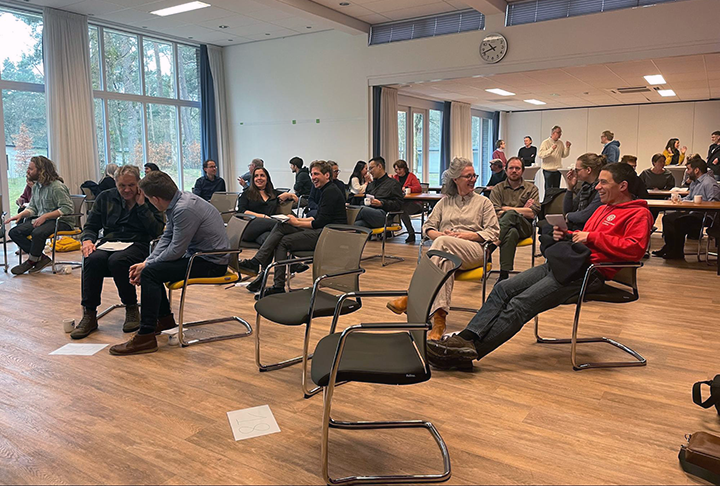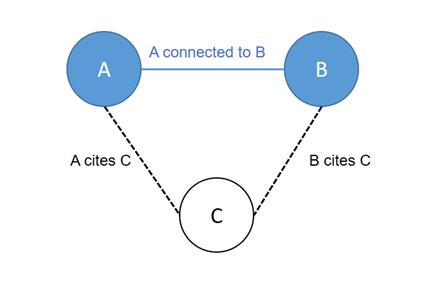
Since their inception in 2003, global university rankings have gained increasing prominence within the higher education landscape. Originally designed as marketing and benchmarking tools, the rankings have transformed into influential instruments for research evaluation and policymaking.
